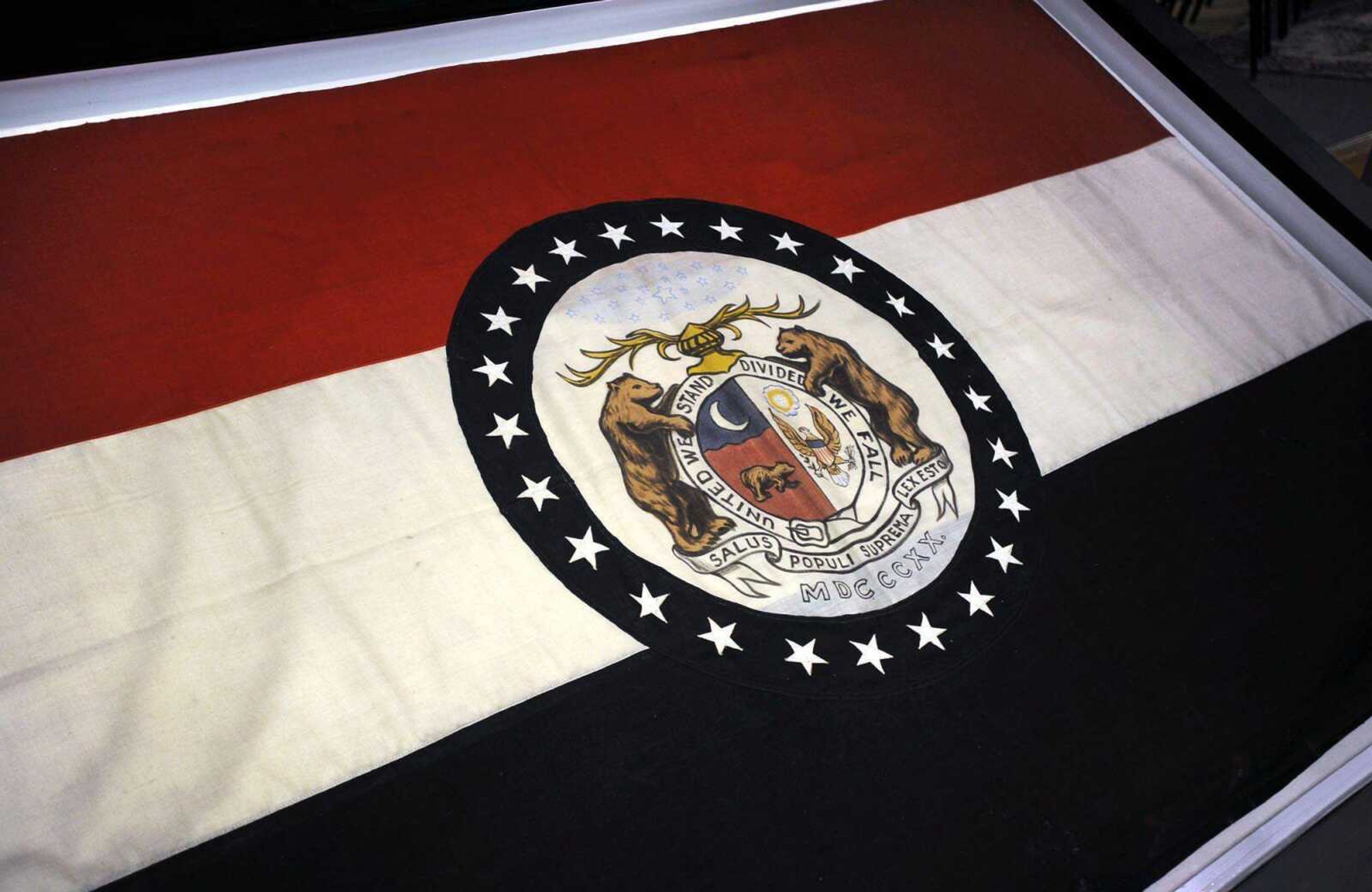Missouri bicentennial: Historian Nickell looks at Missouri Compromise
Frank Nickell said it is difficult to overestimate the importance of the 1820 Missouri Compromise, the agreement by the U.S. Congress to admit Missouri to the union as a slave state while at the same time admitting Maine as a free state. ...
This is the second of a series of articles with Kellerman Foundation for Historic Preservation board chairman Frank Nickell, an emeritus faculty member of Southeast Missouri State University, on the 200th anniversary of Missouri being received as America’s 24th state in 1821.
Frank Nickell said it is difficult to overestimate the importance of the 1820 Missouri Compromise, the agreement by the U.S. Congress to admit Missouri to the union as a slave state while at the same time admitting Maine as a free state.
“In many ways, it was the great crisis of the 19th century,” opined Nickell, adding it did not take long for the terms of the compromise to be broken.
The Platte problem
“The arrangement was shattered when the federal government made the so-called Platte Purchase in 1836 from American Indian tribes,” said Nickell, noting the 1820 Compromise expressly forbade the extension of slavery in the former Louisiana Territory beyond a well-defined parallel.
“This prohibition was ignored when Platte was added,” said the noted local historian, adding it was a very large area into which the holding of slaves was newly permitted within the expanded boundaries of the Show Me State.
The Platte Purchase, part of what is now northwest Missouri, is almost as large as the states of Delaware and Rhode Island combined.
Today the Platte ground includes the cities of St. Joseph and Maryville and Kansas City International Airport.
“The Missouri Compromise and its eventual failure was one of the contributing factors to the Civil War,” remarked Nickell.
Lincoln-Douglas debates
Two years before Abraham Lincoln was elected president, he engaged in open-air debates with his opponent for the U.S. Senate, Stephen A. Douglas and the Missouri Compromise was an oft-referenced topic.
The seven rhetorical faceoffs in 1858 were held in each of Illinois’ then-seven congressional districts.
One of the debates was held in nearby Jonesboro, Illinois, making it the southernmost pairing of the two politicians.
In that same year, Lincoln used the phrase, “a house divided against itself cannot stand,” a sentiment borrowed from the synoptic New Testament gospels of Matthew, Mark and Luke.
“Those particular words of Lincoln have some relevance for our political situation today,” reflected Nickell, himself an Illinois native.
Nickell notes Douglas and Lincoln were sharply divided on the expansion of slavery.
Lincoln pointed to the collapse of the clear intent of the 1820 Missouri Compromise as a lamentable breach.
“Lincoln was not so much concerned, at least in 1858, about slavery as an institution but rather hated the expansion of it (in Missouri), which he saw as a violation of trust,” Nickell said.
Douglas had a different view.
“Douglas thought the people of each state should decide what it wanted about slavery, that each state be empowered with freedom of choice,” Nickell said, adding Douglas’ view came to be known as “popular sovereignty.”
Nickell said Lincoln, who lost the 1858 race to Douglas, put his thoughts quite vividly on the subject during the landmark Illinois debates.
Referring to slavery expansion in Missouri thanks to the territory added after the 1820 Compromise, Lincoln said, “It was like putting a snake in your bed,” Nickell recalled.
Connect with the Southeast Missourian Newsroom:
For corrections to this story or other insights for the editor, click here. To submit a letter to the editor, click here. To learn about the Southeast Missourian’s AI Policy, click here.









